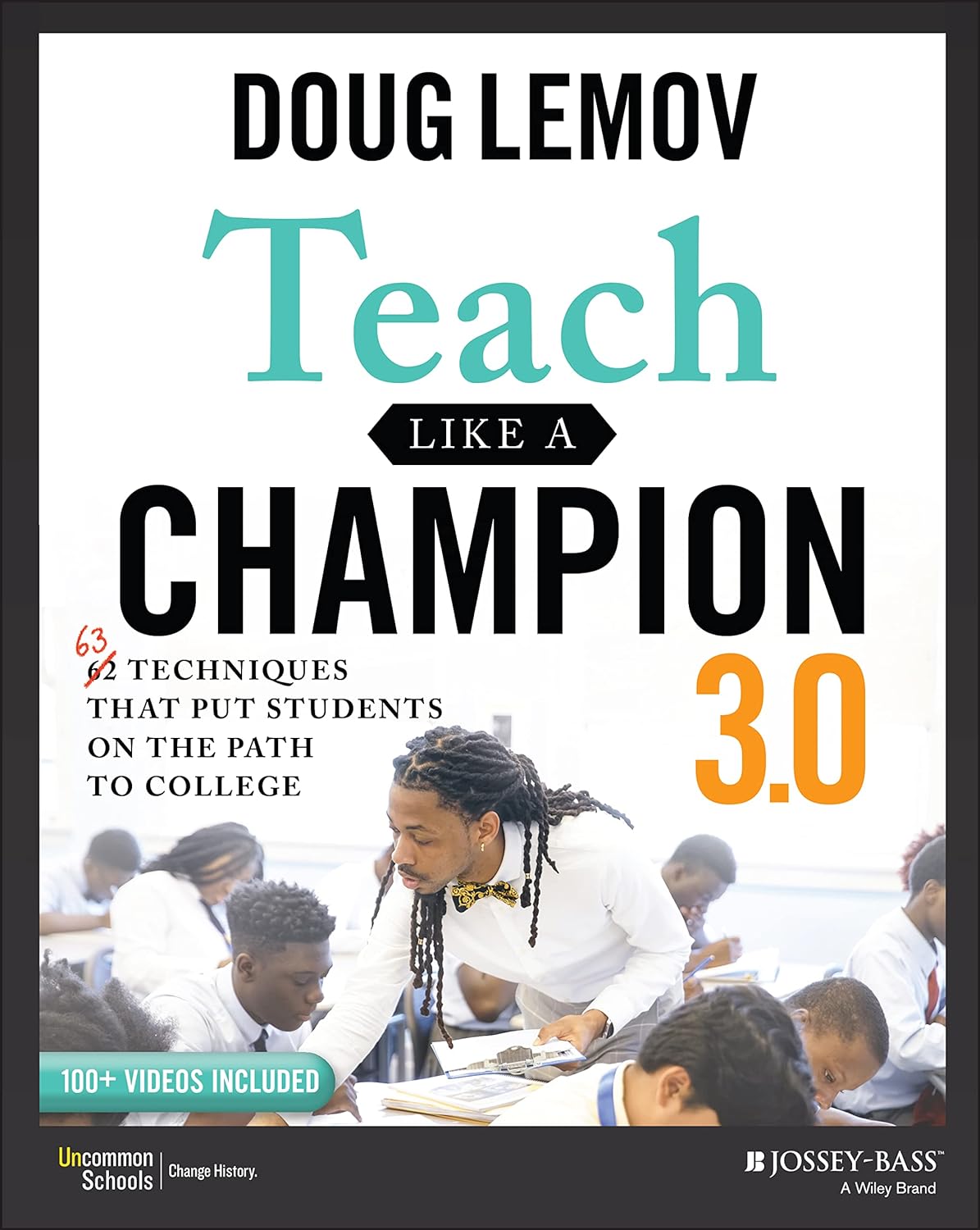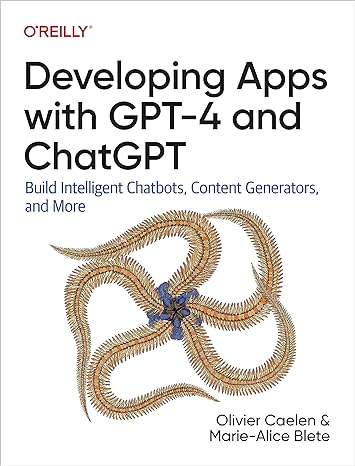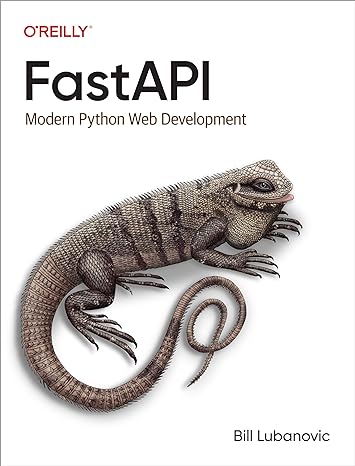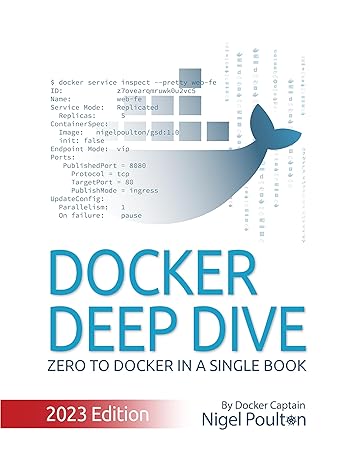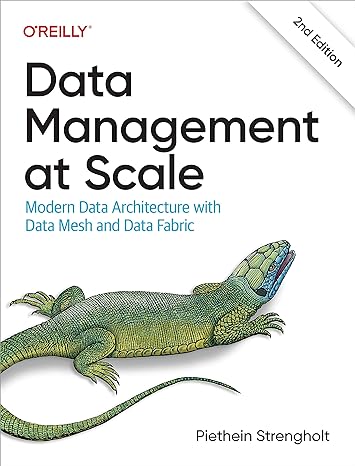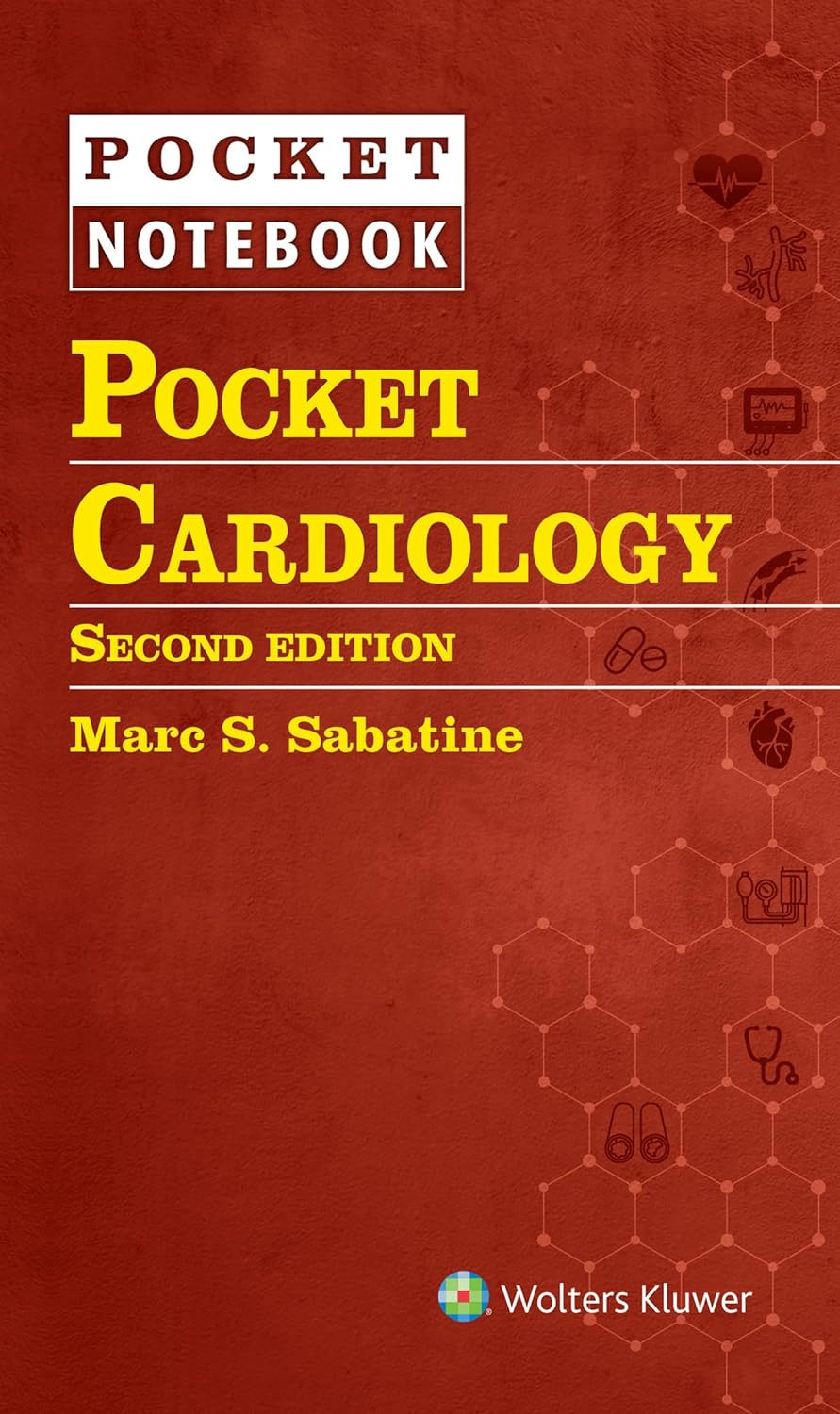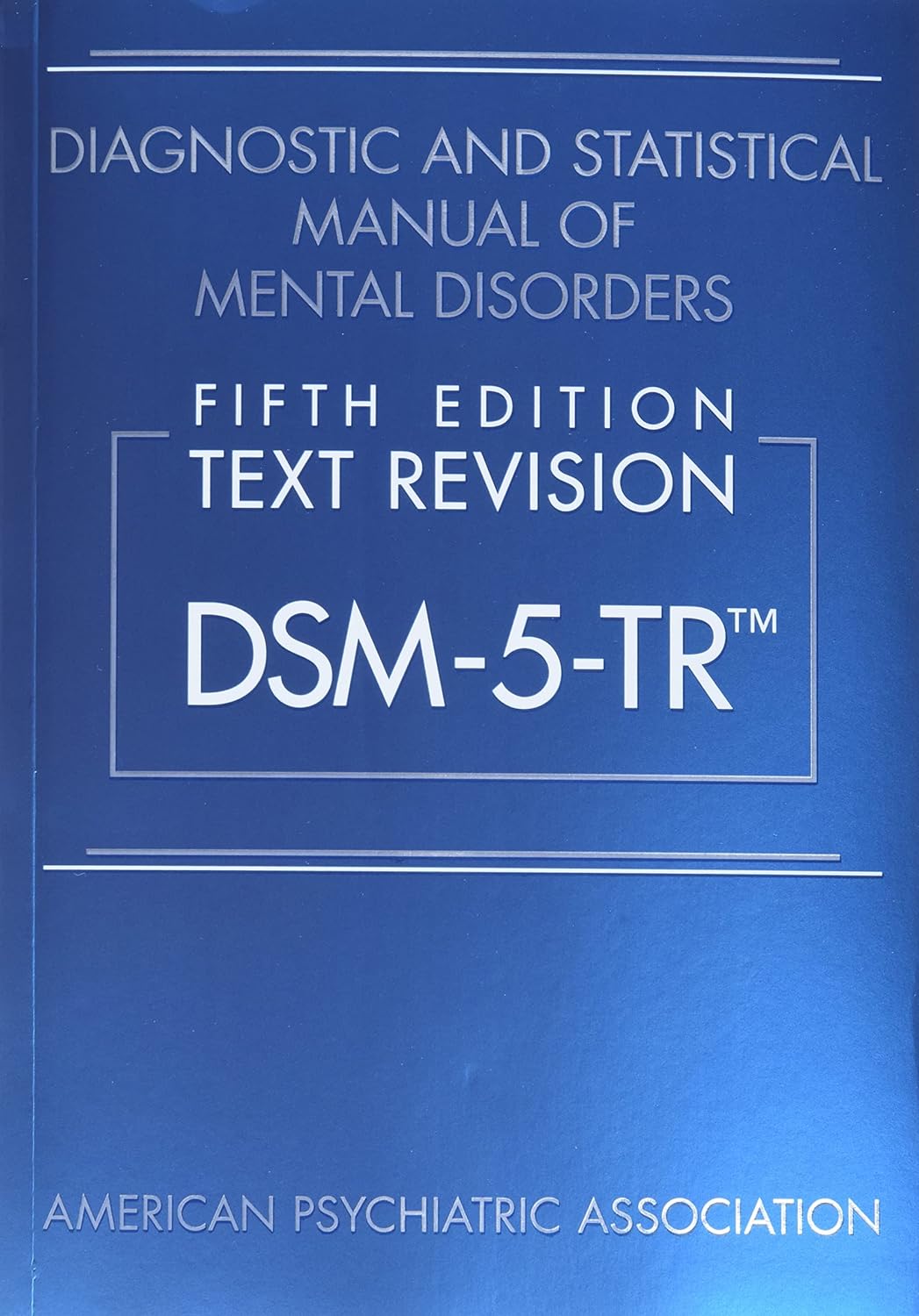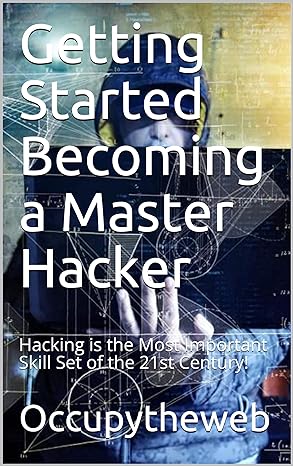eBook - Pdf
The Power of Place: Authentic Learning Through Place-Based Education
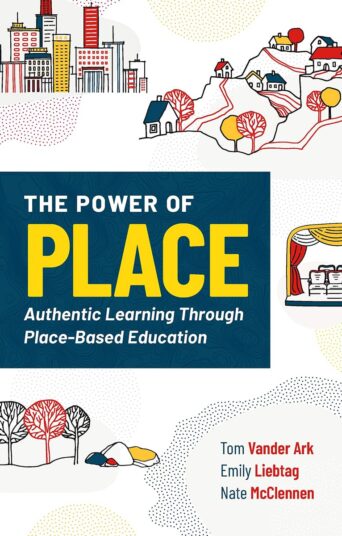
$14.99
Add To Cart
- ISBN :1416628754
- Publisher :ASCD (March 9, 2020)
- Publication Date :March 9, 2020
- Language :English
- Print Length :150

“Place: it’s where we’re from; it’s where we’re going. . . . It asks for our attention and care. If we pay attention, place has much to teach us.”
With this belief as a foundation, The Power of Place offers a comprehensive and compelling case for making communities the locus of learning for students of all ages and backgrounds.
Dispelling the notion that place-based education is an approach limited to those who can afford it, the authors describe how schools in diverse contexts—urban and rural, public and private—have adopted place-based programs as a way to better engage students and attain three important goals of education: student agency, equity, and community.
This book identifies six defining principles of place-based education. Namely, it
1. Embeds learning everywhere and views the community as a classroom.
2. Is centered on individual learners.
3. Is inquiry based to help students develop an understanding of their place in the world.
4. Incorporates local and global thinking and investigations.
5. Requires design thinking to find solutions to authentic problems.
6. Is interdisciplinary.
For each principle, the authors share stories of students whose lives were transformed by their experiences in place-based programs, elaborate on what the principle means, demonstrate what it looks like in practice by presenting case studies from schools throughout the United States, and offer action steps for implementation.
Aimed at educators from preK through high school, The Power of Place is a definitive guide to developing programs that will lead to successful outcomes for students, more fulfilling careers for teachers, and lasting benefits for communities.
About the Author
Tom Vander Ark is an advocate for innovations in learning and the power of place. As CEO of Getting Smart, he advises school districts and networks, education foundations and funders, and impact organizations on the path forward. A prolific writer and speaker, Tom is the author of Getting Smart, Smart Cities That Work for Everyone, Smart Parents, and Better Together and has published thousands of articles as well as coauthoring more than 50 books and white papers. He writes regularly on GettingSmart.com and LinkedIn and contributes to Forbes.
Emily Liebtag helps educators and communities dream of what’s possible and then helps them do what it takes to achieve it. In her role as Director, she leads Getting Smart’s advocacy efforts, collaborating with educational organizations to create scalable strategies, thought leadership campaigns, industry research, and professional learning experiences.
Nate McClennen is the leader of Teton Science Schools’ Place Network Schools, a comprehensive K-12 blended-learning program that combines an online learning experience with a place-based approach to help students better understand and engage in local rural communities. He was part of the founding faculty at Teton Science Schools’ Journeys School in 2001 and was appointed Head of School in 2006. Nate has been part of the leadership team at Teton Science Schools since 2011. In 2015, he became the Director of Education and Innovation, focusing on how to scale the impact of Teton Science Schools through technology, innovation, design learning, and school networks.
Product details
- Publisher : ASCD (March 9, 2020)
- Language : English
- Paperback : 150 pages
- ISBN-10 : 1416628754
- ISBN-13 : 978-1416628750
- Best Sellers Rank: #542,793 in Books
- #58 in Educational Philosophy
- #732 in Philosophy & Social Aspects of Education
Popular Books
